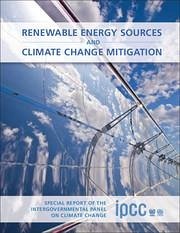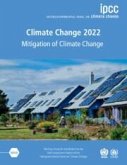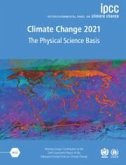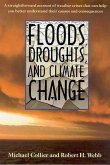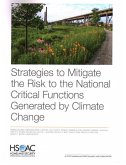An objective assessment of the literature on renewable energy and its role in climate change mitigation for policymakers, professionals and researchers.
The Intergovernmental Panel on Climate Change (IPCC) is the leading international body for the assessment of climate change and its potential environmental and socioeconomic impacts. Its report examines the potential role of renewable energy in the mitigation of climate change for policymakers, the private sector, academic researchers and civil society. It covers six renewable energy sources — bioenergy, direct solar energy, geothermal energy, hydropower, ocean energy and wind energy — as well as their integration into present and future energy systems. It considers the environmental and social consequences associated with the deployment of these technologies, and presents strategies to overcome technical as well as non to technical obstacles to their application and diffusion.
The Intergovernmental Panel on Climate Change (IPCC) is the leading international body for the assessment of climate change and its potential environmental and socioeconomic impacts. Its report examines the potential role of renewable energy in the mitigation of climate change for policymakers, the private sector, academic researchers and civil society. It covers six renewable energy sources — bioenergy, direct solar energy, geothermal energy, hydropower, ocean energy and wind energy — as well as their integration into present and future energy systems. It considers the environmental and social consequences associated with the deployment of these technologies, and presents strategies to overcome technical as well as non to technical obstacles to their application and diffusion.

